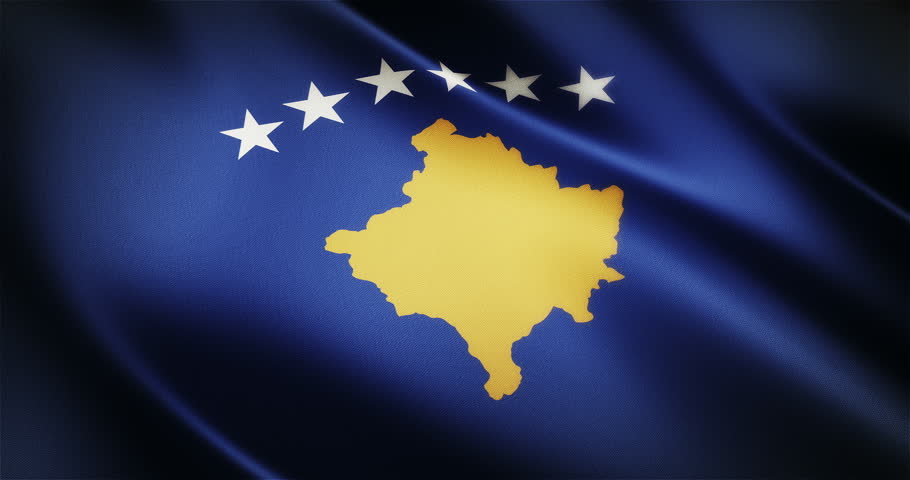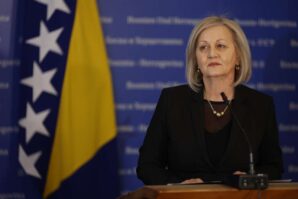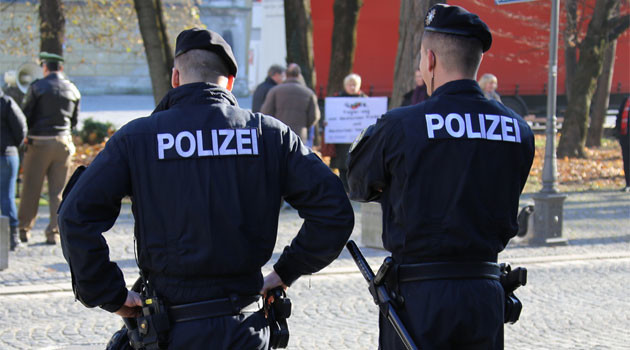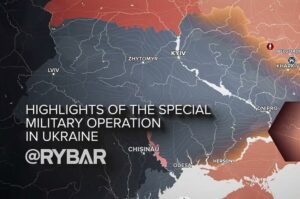
Based on public surveys, citizens of Bosnia and Herzegovina (BiH) consistently rank corruption as one of the biggest problems in the country. Despite the positive steps taken to stop corruption – numerous reforms, strategies and measures – corruption in BiH remains widespread. The cancer of corruption corrodes political stability, economic growth, and the country’s progress toward EU integration and self-reliance.
USAID’s project, Assistance to Citizens in the Fight Against Corruption, aims to increase citizens’ participation in combating corruption and improve the credibility of civil society organizations (CSOs) that share a common vision and strong commitment to revealing and preventing corruption. This assistance will help engage citizens in fighting corruption in their everyday lives in areas where they feel corruption hurts them the most. It will also enable CSOs to work more closely with decision makers in the development and adoption of government anti-corruption policies.
Launched in September 2019, this civil society/anti-corruption project is a five-year, $7 million activity implemented by the Centers for Civic Initiative, in partnership with Transparency International BiH and the Center for Media Development and Research.
Program activities are designed to assist local civil society to advocate for legislative improvements in the most urgent anti-corruption areas (such as conflict of interest, public procurement, whistleblower protection, and abuse of public resources in election campaigns).
Also, to provide small grants to local CSOs to draft and advocate new legislation, monitor the implementation of current laws, and report their findings to the public.
Provide legal protection for whistleblowers through the existing Advocacy and Legal Advice Center (ALAC), which is administered by Transparency International BiH. A team of legal experts will provide free legal advice, legal counseling through field visits, and representation before the courts or other institutions to encourage and protect whistleblowers who report corruption.
In addition, to provide $3 million in small grants to help citizens build a culture that rejects corruption. This will include small grants to NGOs and in-kind assistance to individual citizens seeking to mobilize their community to raise public awareness about a specific corruption problem or stop corruption in their community through community-led initiatives.
USAID also expects this program to promote positive examples of cases solved and justice served as a result of citizen action to motivate citizens to report corruption and show the positive impact of citizens’ actions and reaction to this problem. This will both increase number of citizens engaged in fighting corruption and improve the credibility of anti-corruption CSOs.
Also, to collaborate with other USAID projects related to investigative journalism, the justice sector, e-governance, and the rule of law.
When this project ends in 2024, USAID expects that BiH citizens will be more knowledgeable about the tools and ways to participate in anti-corruption activities in their communities and, ultimately, will be more active in reporting corruption in their everyday lives.
Civil society groups will have more credible standing in and support from BiH society in their anti-corruption monitoring efforts and advocacy campaigns.
















